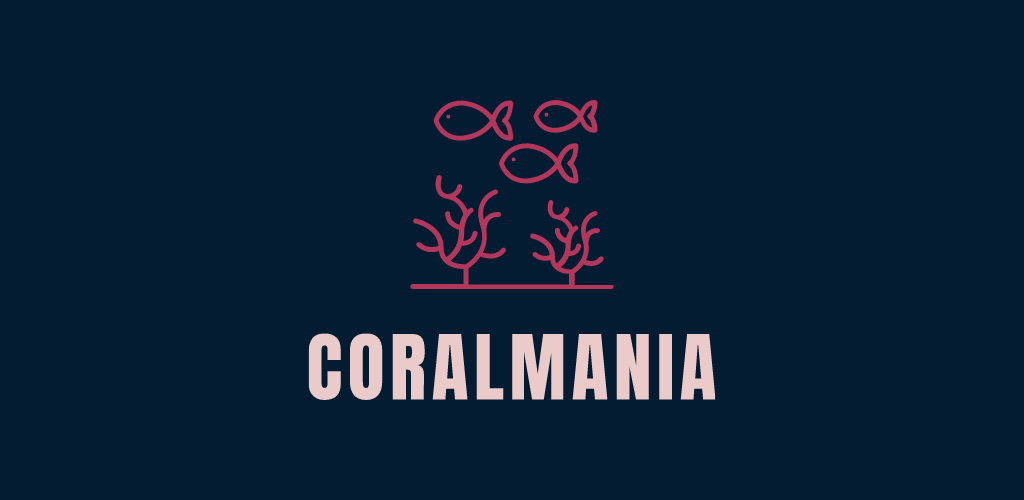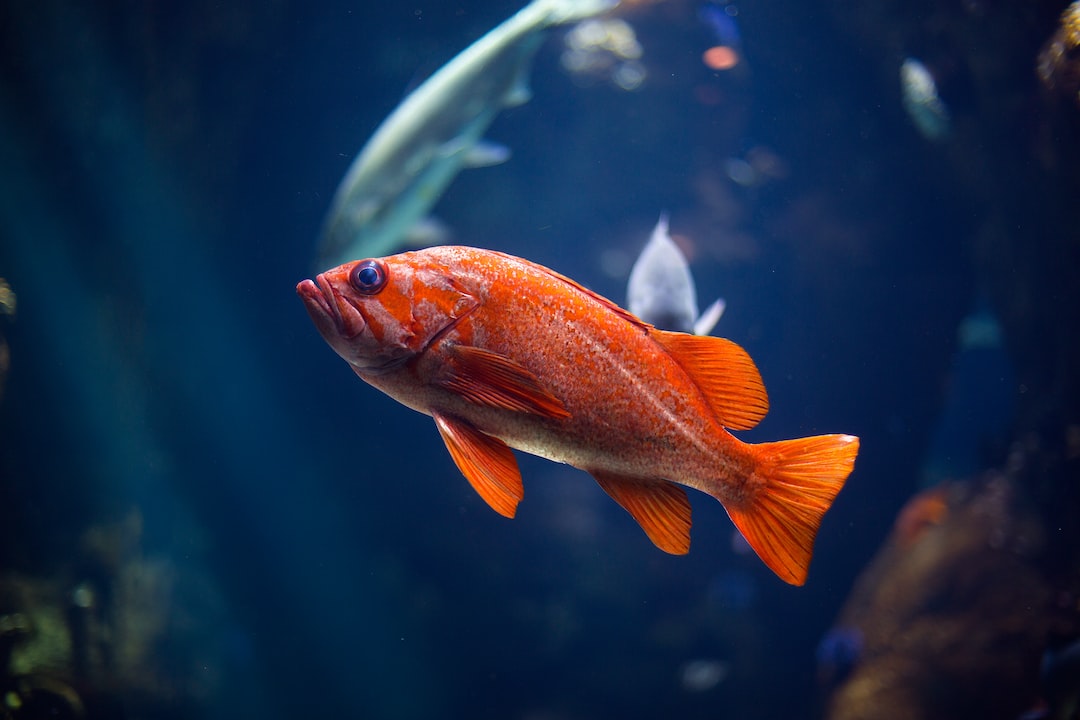Unveiling the Secrets of Natural Coral Propagation: How Coral Farms Can Help Sustain the Hobby
The underwater world never ceases to amaze us with its beauty and diversity. One of the most fascinating inhabitants of the ocean is the coral reef, which sustains an intricate ecosystem and shelters a vast array of marine life. Unfortunately, due to various factors such as climate change and unsustainable fishing practices, coral reefs around the world are facing severe threats.
However, there is hope for these delicate ecosystems. Coral farms, also known as coral nurseries or coral propagation centers, have emerged as a promising solution to help protect and restore coral reefs. By propagating and selling marine corals, these farms are not only sustaining the hobby of reef-keeping but also contributing to the conservation of these fragile ecosystems.
One such example is the emerging trend of coral farms in Brazil, where the venda de coral marinho (marine coral sales) are garnering attention. These farms are playing a vital role in educating and engaging the public about the importance of coral conservation while providing sustainable alternatives to wild harvests.
Coral farms utilize advanced techniques such as fragmentation and sexual reproduction to propagate corals in controlled conditions. The farms carefully select healthy coral colonies and then fragment them, allowing each fragment to grow into a new individual. This process mimics the natural coral reproduction cycle, ensuring genetic diversity and resilience.
The benefits of coral farms extend beyond sustaining the aquarium trade. By acquiring corals from these farms, hobbyists contribute to the preservation of natural reefs. When the demand for wild-caught corals decreases, the pressure on vulnerable coral ecosystems lessens, allowing them to recover and thrive. Furthermore, coral farms provide an alternative income source for coastal communities, reducing their reliance on destructive fishing practices.
Education and outreach programs are an integral part of coral farms. Through workshops, tours, and public events, these farms educate visitors about the importance of coral reef conservation. By raising awareness and promoting responsible reef-keeping practices, they inspire individuals to make environmentally conscious choices.
In addition, coral farms contribute to scientific research efforts. These controlled environments offer scientists the opportunity to study coral biology, reproduction, and resilience, providing valuable insights into how we can safeguard coral reefs in the face of a changing climate.
While coral farms are certainly a step in the right direction, it is crucial to ensure their operations are sustainable and environmentally friendly. The proper management of water quality, disease prevention, and responsible harvesting practices are essential to maintain the long-term viability of these farms.
In conclusion, coral farms are unlocking the secrets of natural coral propagation and playing a crucial role in sustaining the reef-keeping hobby. By supporting the venda de coral marinho, individuals contribute to the conservation of coral reefs worldwide. These farms offer hope for the future of these fragile ecosystems, providing an opportunity to preserve their beauty and biodiversity for generations to come.
************
Want to get more details?
CORALMANIA
https://www.coralmania.com.br/
venda de corais marinhos e produtos online, manutenção de aquário.

